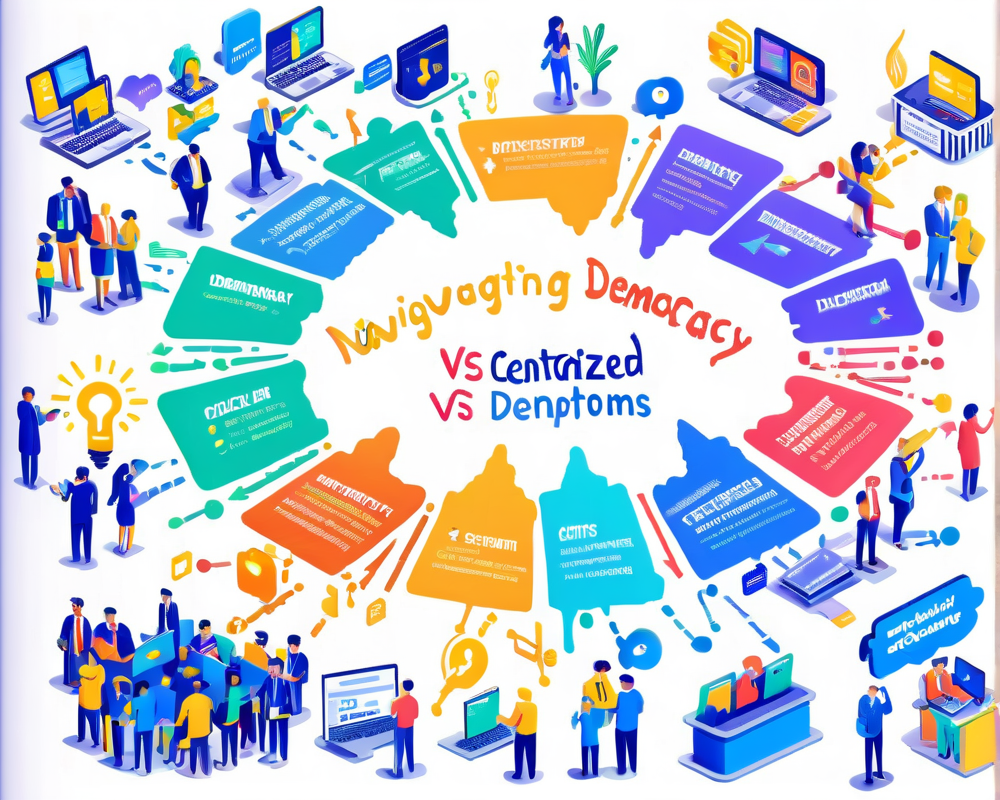The Double-Edged Sword of Social Media
Recent events have shown just how much social media can influence political landscapes. From the Arab Spring to protests in Hong Kong, these platforms have been both a beacon of hope and a vessel for chaos. In the U.S., the 2020 election and the Capitol riot revealed how misinformation and radical ideologies can spread like wildfire, often propelled by tech giants that thrive on user engagement.
How Centralized Platforms Shape Policing of Speech
It’s ironic, isn’t it? Companies that promote free speech are also the same ones that use complex algorithms to curate your feed. They know what keeps you glued to the screen — and it’s not always the truth! What’s troubling is how easily these platforms have aided in amplifying divisive rhetoric, from Russian interference to homegrown white nationalism.
The Shadow of Accountability
After the dust settled from the Capitol incident, social media companies finally felt the heat. Banning accounts of figures like Trump was seen by some as a long-overdue step toward accountability. Yet, how effective can these measures be when we take a step back and realize these platforms are designed to engage, often at the expense of ethical content management?
Decentralization: A Path Forward?
The panic over privacy-focused decentralized technology often overlooks the potential benefits. Sure, these platforms are not immune to misuse, and they could provide a refuge for hate speech and disinformation. However, unlike their centralized counterparts, they don’t profit by feeding users increasingly extreme content that keeps them scrolling for hours on end!
Rethinking Misinformation Risks
- Less Data Collection: No profiles mean less targeted misinformation.
- Limited Outreach: P2P systems often lack the mechanism for viral disinformation.
- Increased User Control: Users can curate their own experiences without heavy algorithms.
The Importance of Regulation
It’s clear we need regulation, but let’s not fool ourselves into thinking it’s a quick fix for every tech-related hiccup. Legislation like Section 230 needs a closer look to better protect users without stifling innovation. The goal should be to ensure that tech works for us, not against us.
Tackling the Root Causes of Extremism
At the end of the day, technology isn’t the root cause of political violence or misinformation; it merely reflects pre-existing societal issues. White supremacy, racism, and tensions around democracy have deep historical roots that technology, be it centralized or decentralized, can exacerbate but cannot create.
Time for Real Talk
Let’s not scapegoat decentralized tech as the new villain in this narrative. Instead, we ought to scrutinize the motivations and systemic issues in our society that lead to harmful communication. If a person feels empowered to spread falsehoods or hate, simply switching to a more private platform won’t solve the underlying tensions.
Conclusion: Balancing Act
In bridging the gap between centralized and decentralized platforms, we must find a balance that upholds democratic ideals while protecting user privacy. Our technology should empower us to engage thoughtfully, rather than merely keeping us entertained. We need to advocate for systems that lift society collectively, rather than isolate individuals in echo chambers.




